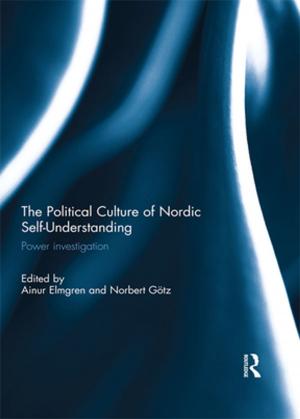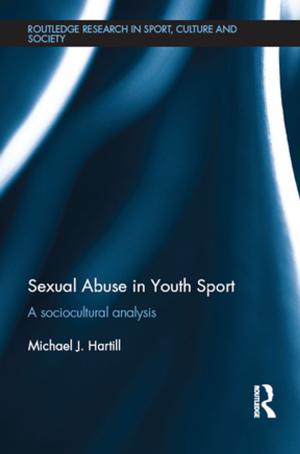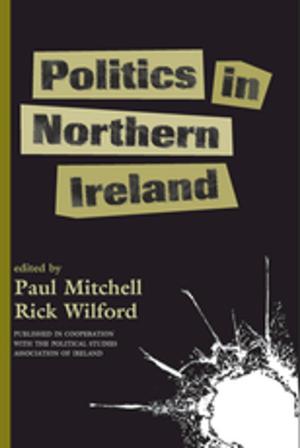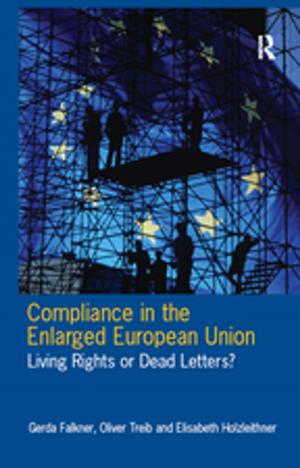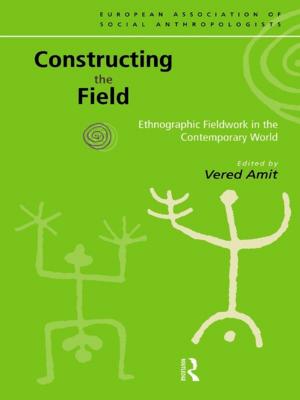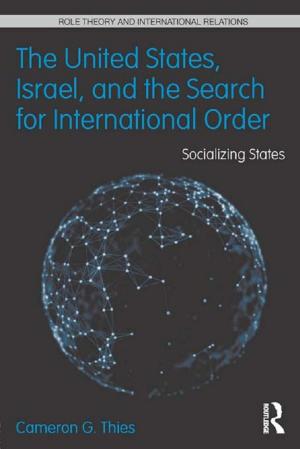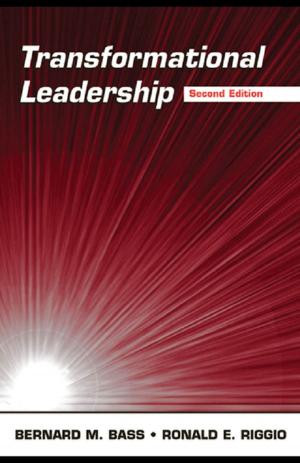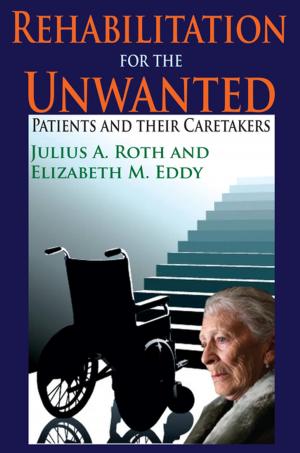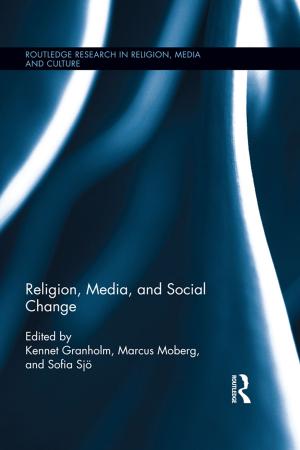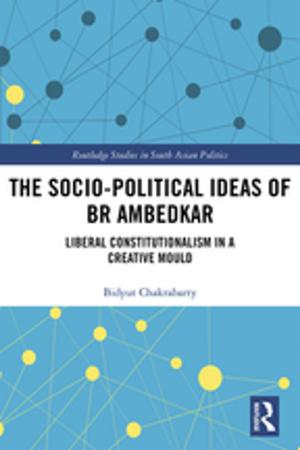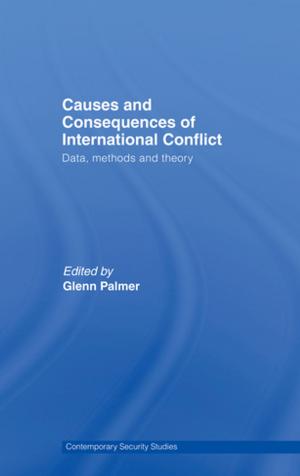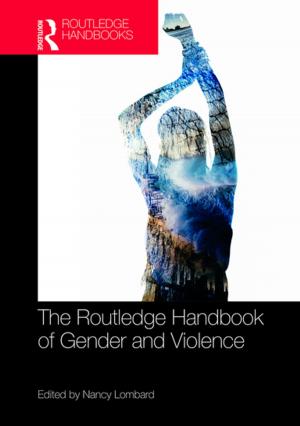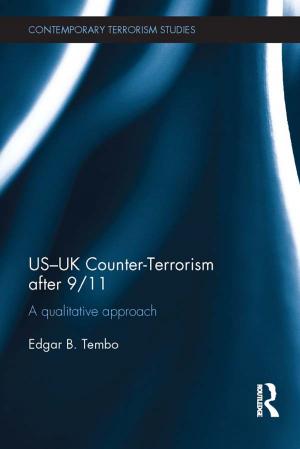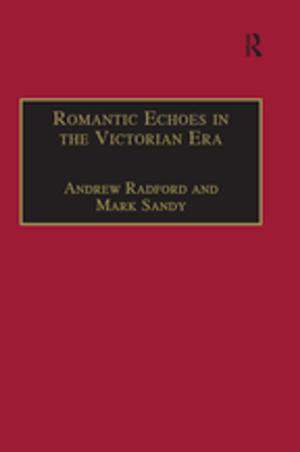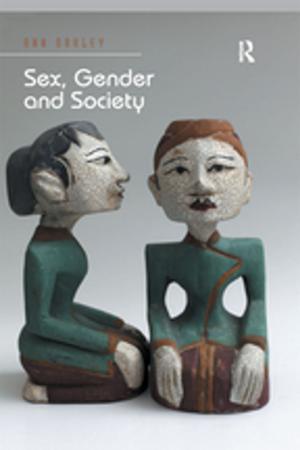A National Joke
Popular Comedy and English Cultural Identities
Nonfiction, Art & Architecture, General Art, Popular Culture, Social & Cultural Studies, Social Science| Author: | Andy Medhurst | ISBN: | 9781134702558 |
| Publisher: | Taylor and Francis | Publication: | September 18, 2007 |
| Imprint: | Routledge | Language: | English |
| Author: | Andy Medhurst |
| ISBN: | 9781134702558 |
| Publisher: | Taylor and Francis |
| Publication: | September 18, 2007 |
| Imprint: | Routledge |
| Language: | English |
Comedy is crucial to how the English see themselves. This book considers that proposition through a series of case studies of popular English comedies and comedians in the twentieth century, ranging from the Carry On films to the work of Mike Leigh and contemporary sitcoms such as The Royle Family, and from George Formby to Alan Bennett and Roy 'Chubby' Brown.
Relating comic traditions to questions of class, gender, sexuality and geography, A National Joke looks at how comedy is a cultural thermometer, taking the temperature of its times. It asks why vulgarity has always delighted English audiences, why camp is such a strong thread in English humour, why class influences what we laugh at and why comedy has been so neglected in most theoretical writing about cultural identity. Part history and part polemic, it argues that the English urgently need to reflect on who they are, who they have been and who they might become, and insists that comedy offers a particularly illuminating location for undertaking those reflections.
Comedy is crucial to how the English see themselves. This book considers that proposition through a series of case studies of popular English comedies and comedians in the twentieth century, ranging from the Carry On films to the work of Mike Leigh and contemporary sitcoms such as The Royle Family, and from George Formby to Alan Bennett and Roy 'Chubby' Brown.
Relating comic traditions to questions of class, gender, sexuality and geography, A National Joke looks at how comedy is a cultural thermometer, taking the temperature of its times. It asks why vulgarity has always delighted English audiences, why camp is such a strong thread in English humour, why class influences what we laugh at and why comedy has been so neglected in most theoretical writing about cultural identity. Part history and part polemic, it argues that the English urgently need to reflect on who they are, who they have been and who they might become, and insists that comedy offers a particularly illuminating location for undertaking those reflections.

